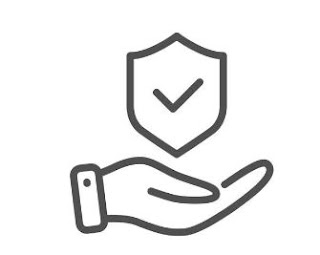Policyholder
Policyholder
This refers to the person being insured and who can claim an insured benefit under the policy. So, if you buy an insurance policy under your own name, you are the policyholder, and you are protected by all of the details inside.
The policyholder is also the person that is responsible for making sure premium payments are up-to-date. Policyholders buy and manage the insurance policy, including adjusting coverage as needed. As a policyholder, you are responsible for making sure your policy offers the protections you need.
It is important we know the difference between policyholder, insured and beneficiary;
-The policyholder is the person who “owns” the policy.
-The insured is the person covered by the insurance policy.
-The beneficiary is the recipient of the payout in a life insurance policy.
The policy holder can be the beneficiary. For instance, the breadwinner of a family might purchase an insurance policy on their own life to protect their spouse and children if they die. In that case, the breadwinner is the policyholder and the insured. Rarely, a policyholder could also be the beneficiary.
A policyholder can buy life insurance to insure someone else. For example, a wife can purchase a term life insurance policy with her husband as the insured and name her adult son and herself as the beneficiaries. As policyholder, she controls the life insurance policy.
As the policyholder, you can also add more people to your policy, depending on your relationship. You can also add extra people that live at or have a financial interest in the policy.
#benewinsurance #insurtech #inclusiveinsurance #insurance #reinsurance #takaful




Comments
Post a Comment
Thank you for making this valuable comment.